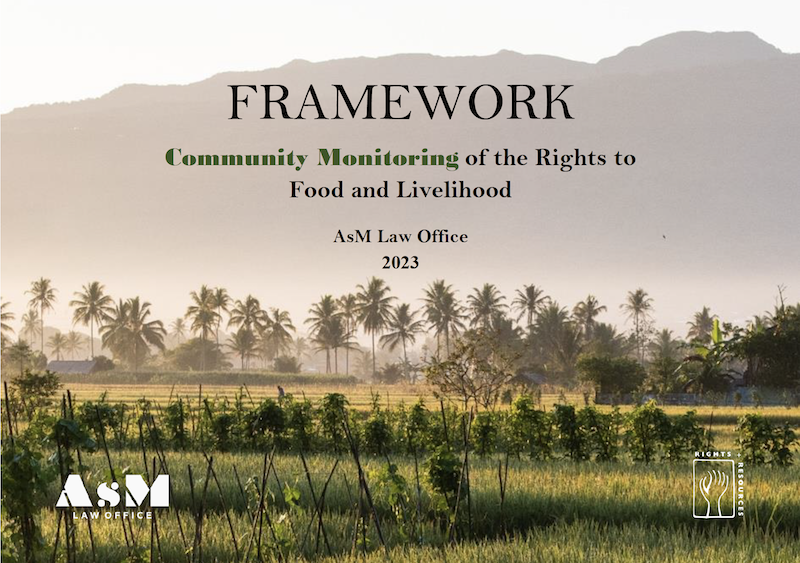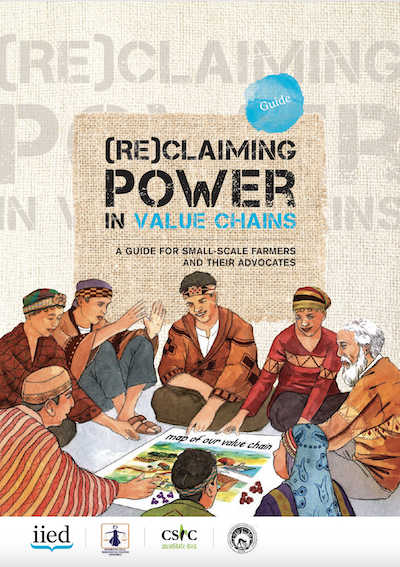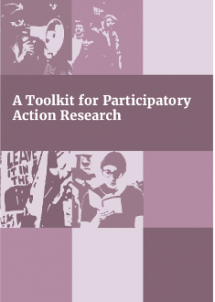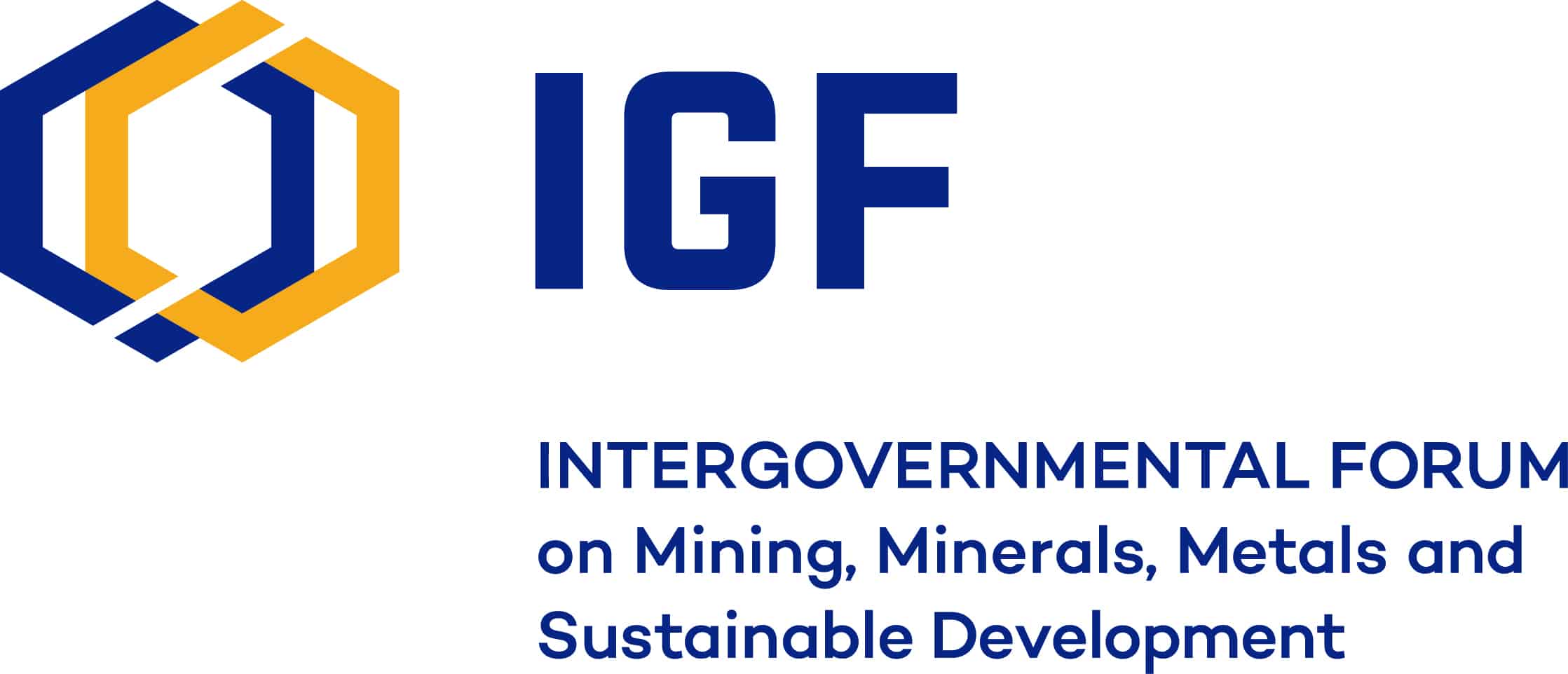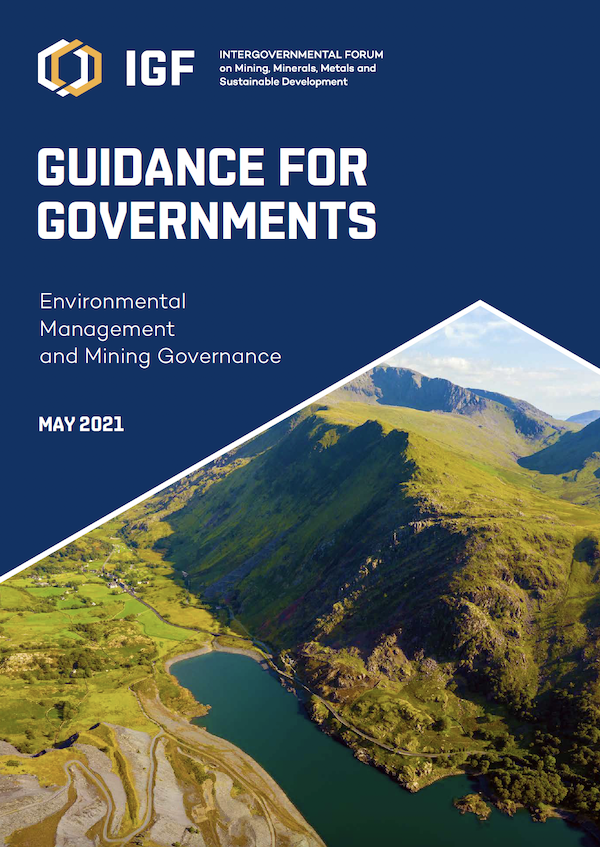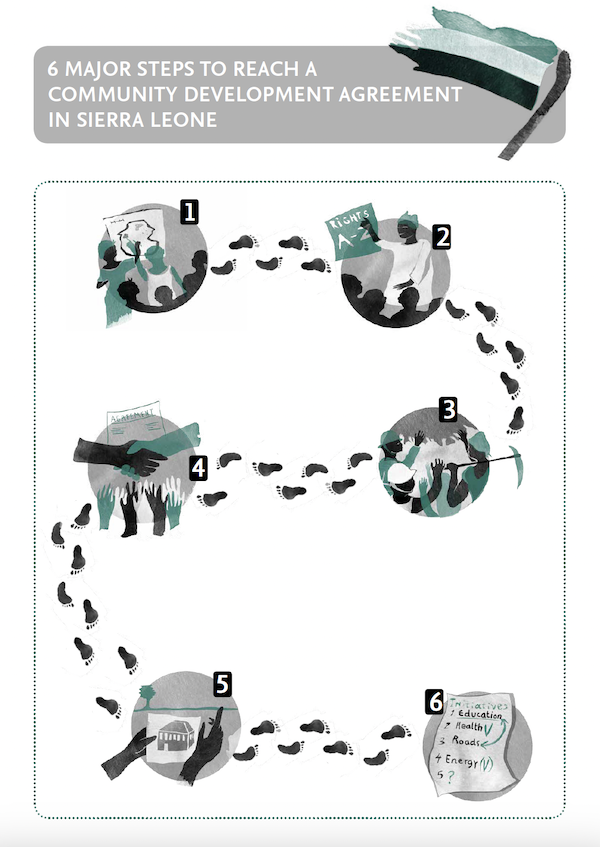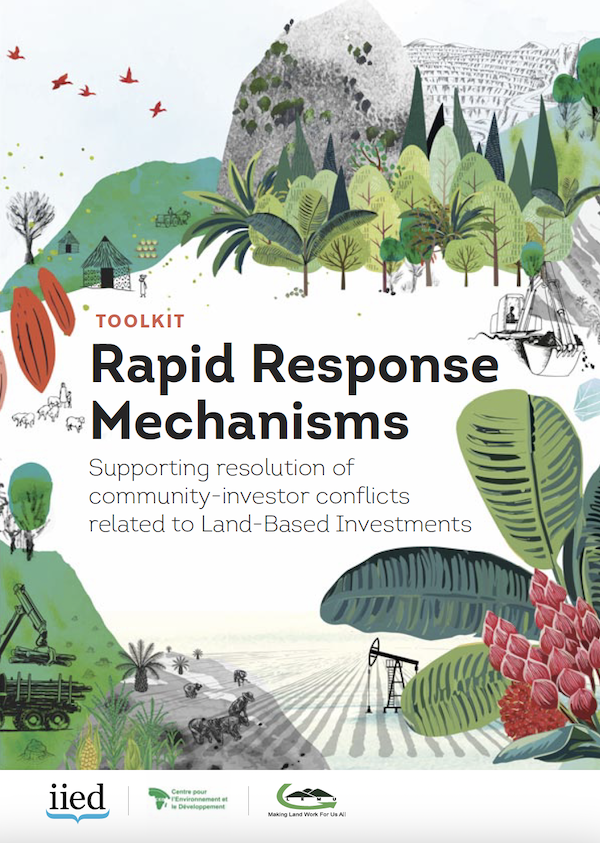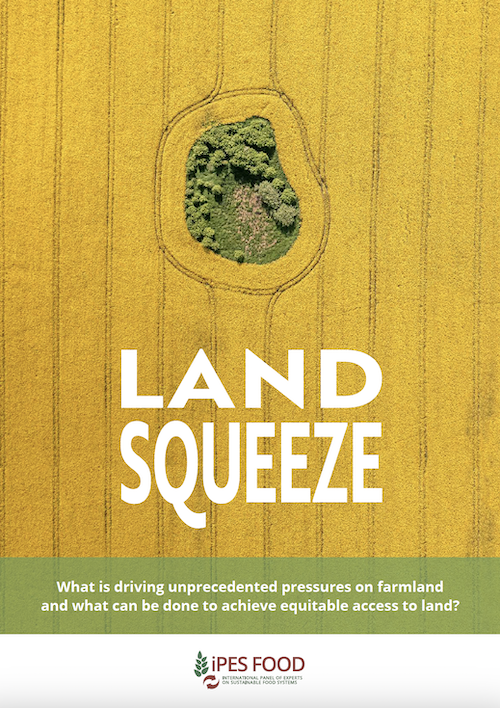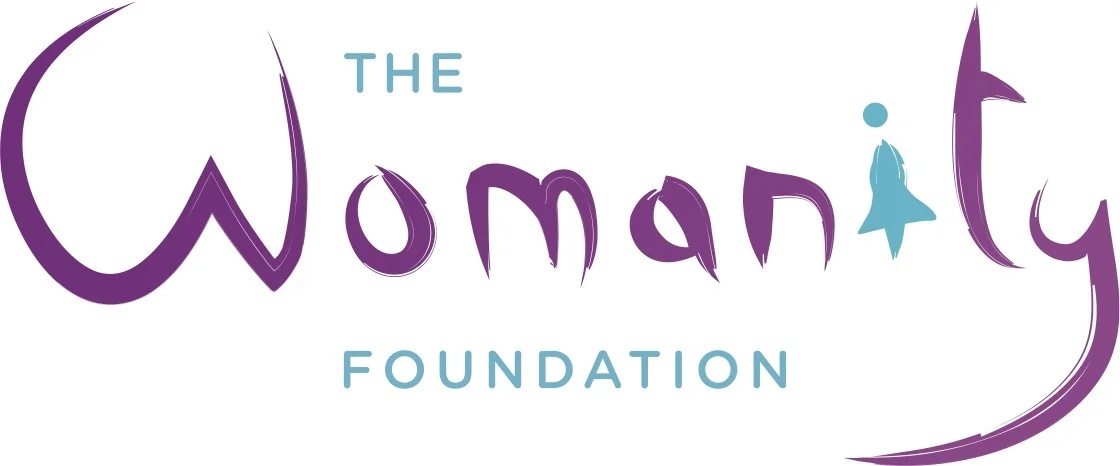
Topics and Regions
Neil Sorensen joined the Land Portal as its Communications Specialist in October 2015. He has extensive experience leading communications for international organizations and developing relationships with civil society, donors, intergovernmental agencies, the media and the private sector. Previously, Neil worked for the International Fund for Agriculture Development (IFAD) as a Governing Bodies Officer and Strategic Adviser to the Secretary of IFAD. He has also led communications for three international organizations, including the International Land Coalition, the International Federation of Agricultural Producers (IFAP) and the International Federation of Organic Agriculture Movements (IFOAM). He holds a Master’s degree in Global Diplomacy from the University of London School of Oriental and African Studies (SOAS) as well as a Bachelor’s degree with a double major in German and Sociology from St. Cloud State University.
Details
Location
Contributions
Displaying 71 - 80 of 1170Community Monitoring of the Rights to Food and Livelihood
This framework serves as a guideline for evaluating the fulfillment of the rights to food and livelihood within the business and human rights framework. The guidelines in this framework can be adopted individually by each party and jointly or collaboratively between parties.
(Re)claiming power in value chains: A guide for small-scale farmers and their advocates
This guide is intended to support smallholder farmers, and advocates working closely with them, in exercising more agency and living more independently according to their own priorities. It aims to assist smallholders in making free choices in relation to farm production, markets and trade. Farmers with agency can negotiate with, and challenge, the people and institutions that affect their lives.
A Toolkit for Participatory Action Research
This Guide is drawn from experience in the action research project “Bottom-up accountability initiatives and large-scale land acquisitions in Africa”. The project aimed to bring the international soft law instrument, the Voluntary Guidelines on Responsible Governance of the Tenure of Land, Fisheries, and Forests (the Tenure Guidelines or TGs), to rural communities and, together with them, to use the Guidelines to strengthen their tenure of land, fisheries and forests.
Intergovernmental Forum on Mining, Minerals, Metals and Sustainable Development
IGF Guidance for Governments: Environmental management and mining governance
This guidance document is designed to help Intergovernmental Forum on Mining, Minerals, Metals and Sustainable Development (IGF) member states implement the IGF Mining Policy Framework (MPF). It focuses on the role that national governments can play in ensuring the effective and sustainable management of the environment and natural resources by the mining sector, using the legislative, regulatory, and policy tools and mechanisms at their disposal.
6 Major Steps to Reach a Community Development Agreement in Sierra Leone
There is a growing recognition that Community Development Agreements (CDA) - if effectively implemented - can promote long-term development benefits for communities affected by mining operations as well as improve relations between extractive companies and communities. Section 139 (1) of Sierra Leone’s Mines and Minerals Act, 2009 provides that small scale or large scale mining licence holders are required to have and implement a CDA with primary host communities if their approved mining operations will or does exceed certain stipulated limits set out in the Act.
Rapid Response Mechanisms
Often, approaches to investment-related land rights violations are reactive, rather than proactive and preventative: legal support is usually provided after communities have been negatively impacted, displaced or evicted — and after lives have been lost, property destroyed, local waters and soils polluted, and communities devastated. In such cases, legal support has a limited chance of reversing the damage caused.
Land Squeeze
Land is critical to the lives, livelihoods, and food security of millions of people across the world. But a series of unprecedented pressures on global farmland are now accelerating and converging. This land squeeze is driving a surge in land inequality, rural poverty, and food insecurity – and risking a tipping point for smallholder agriculture.

